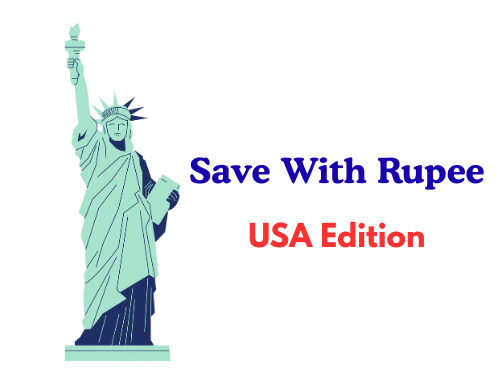What Are Personal Loans and Credit Card Debt?
Personal Loan:
A personal loan is a fixed amount borrowed from a bank, credit union, or online lender that you repay with fixed monthly payments over a set term, usually 1 to 7 years. Interest rates tend to be lower than credit cards, especially for good credit scores.
Credit Card Debt:
Credit cards offer revolving credit with a borrowing limit. You can borrow and repay repeatedly, paying at least a minimum each month. Interest rates on credit cards are generally higher and variable, and carrying balances month to month can incur hefty interest.

Key Differences: Personal Loans vs. Credit Cards
| Feature | Personal Loan | Credit Card Debt |
|---|---|---|
| Borrowing Type | Lump sum | Revolving credit |
| Interest Rates | Lower, fixed or variable | Higher, usually variable |
| Repayment Term | Fixed term, fixed monthly payments | Minimum due monthly, no fixed term |
| Fees | Origination fee possible | Annual fees, late fees, penalty APRs |
| Credit Score Impact | One-time hard inquiry | Multiple inquiries possible |
| Best Uses | Debt consolidation, large expenses | Everyday purchases, smaller expenses |
| Advantages | Predictable payments, lower interest | Flexible spending and repayments |
| Risks | Must repay fixed loan even if cash tight | High interest on carried balances |
Real-Life Story: How Adam Used a Personal Loan to Escape Credit Card Debt
Adam was juggling $15,000 spread across multiple credit cards with interest rates over 20%. The minimum payments felt like a never-ending cycle. By taking a personal loan with a 10% interest rate, he consolidated debt into one lower-interest monthly payment. This approach helped Adam pay off his debt faster and saved him over $3,000 in interest.
When Is a Personal Loan Better?
- You want a predictable repayment plan.
- You have good enough credit to qualify for a low-interest rate.
- Your debt balance is large and spread across multiple high-interest cards.
- You prefer a fixed payoff date.
When Is Credit Card Debt Better?
- You need ongoing, flexible access to credit.
- Your expenses are mostly small or irregular.
- You can pay off balances monthly to avoid interest.
- You benefit from credit card rewards, cashback, or bonuses.
Tips for Managing Both Types of Debt Wisely
- Always pay at least the minimum payment on all your credit accounts to avoid fees.
- Prioritize paying off high-interest credit card balances first.
- Avoid adding new debt during repayment plans.
- Consider negotiating interest rates or asking for hardship programs.
- Reassess your budget and cut discretionary spending.
FAQs: Personal Loan vs. Credit Card Debt
Q: Will taking a personal loan hurt my credit?
A: A hard inquiry temporarily lowers your score, but using the loan to pay off high-interest debt may improve it over time.
Q: Can I use a personal loan to pay off credit cards?
A: Yes, many use personal loans to consolidate credit card debt for easier management and potentially lower interest.
Q: Are credit cards bad debt?
A: Not if paid in full each month. They offer convenience and rewards but carry high costs if balances accrue interest.
Q: What if I can’t qualify for a low-interest personal loan?
A: Focus on paying down credit cards aggressively or look into balance transfer cards with introductory 0% APR.
Personal Reflection: My Debt Strategy
When I had multiple credit cards with rising interest, switching to a personal loan for consolidation gave me control and peace of mind. Fixed payments helped me budget better and avoid the accumulation of interest, accelerating my debt-free timeline.
Call to Action: Choose Wisely and Take Control
Evaluate your financial situation, debt levels, and budgeting ability. If faced with multiple high-interest balances, a personal loan consolidation might be the best route. For flexible everyday credit with the discipline to pay balances quickly, credit cards can be invaluable.
Take the first step—review your debt, compare rates, and create a repayment plan that fits your goals and cash flow. Smarter debt choices lead to faster financial freedom.
🇺🇸 Smarter Money Tips for Americans
Discover our guides on credit, loans, insurance, and savings designed for the U.S.
💡 Explore Guides





